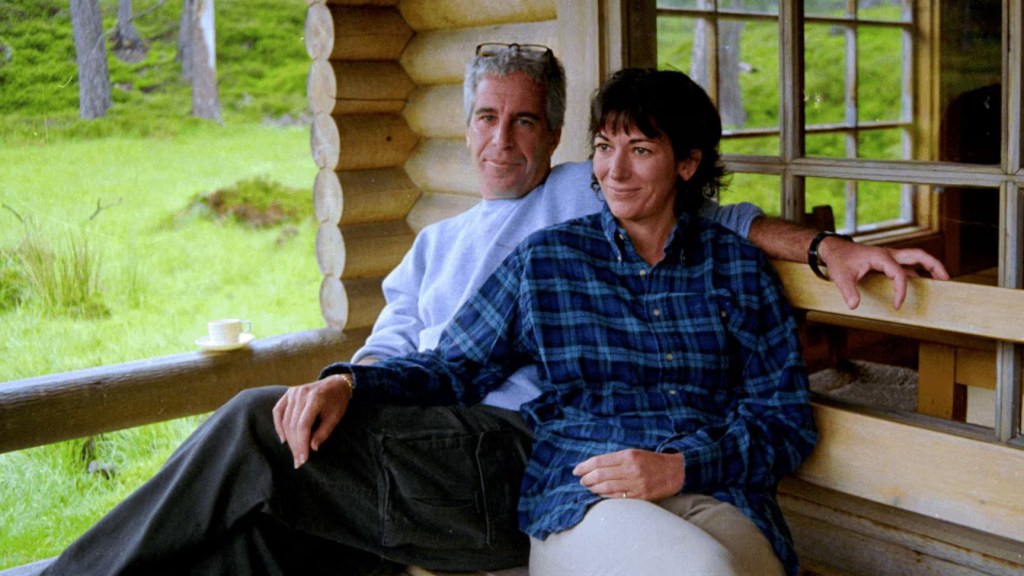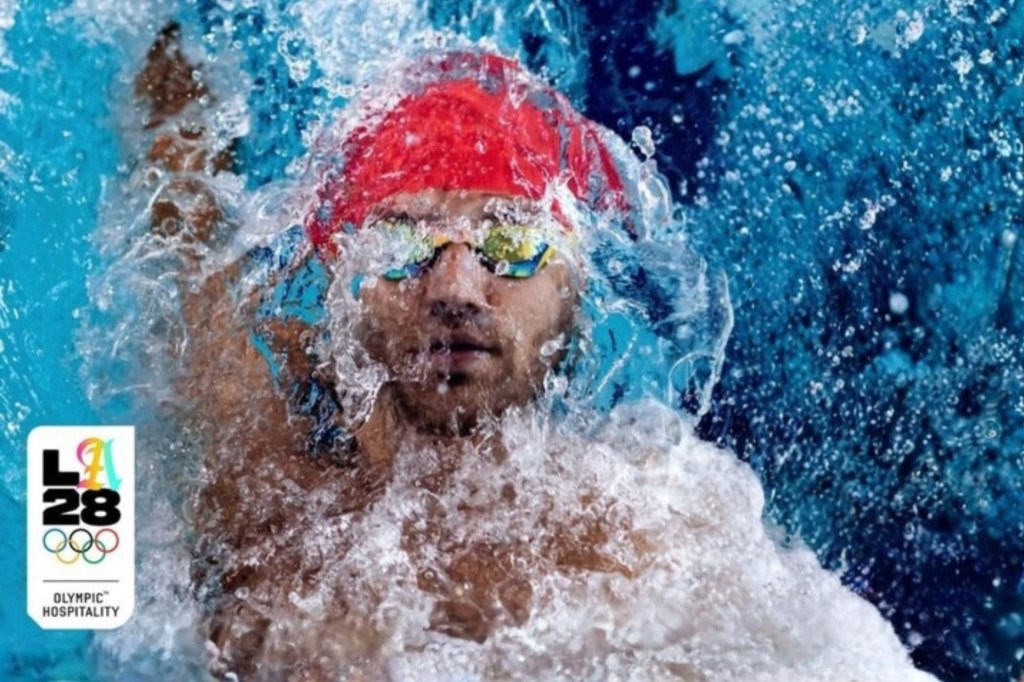In 2014, Northwestern football players tried to unionize. The effort — which coach Pat Fitzgerald himself opposed — ultimately failed.
Now, Fitzgerald has been fired over reports that players perpetuated a toxic hazing culture seemingly without his knowledge, and that multiple players experienced racist abuse. The information came to light through a university investigation and two stories in The Daily Northwestern.
Multiple college athletes rights advocates believe that athlete employee status, or a formal player’s association or union, would have protected Northwestern players.
In the wake of the scandal, former University of Minnesota regent and college athlete advocate Michael Hsu has filed a new complaint with the National Labor Relations Board against Northwestern. His goal: to help athletes gain employment status — partially so they can better protect themselves in the future.
“This situation is just ripe to be looked at again,” Hsu told Front Office Sports. “We know a lot of [abuse] would have been avoidable. … And frankly, the crazy thing is, it’s the same coach.”
Revisiting An Old Case
Nine years ago, Northwestern players, led by quarterback Kain Colter, attempted to gain federal employee status and start a union through the NLRB. They did so with the help of athlete advocate Ramogi Huma, now the executive director of a group called The National College Players Association.
But university officials fought it at every turn — including Fitzgerald.
“Understand that by voting to have a union, you would be transferring your trust from those you know — me, your coaches and the administrators here — to what you don’t know — a third party who may or may not have the team’s best interests in mind,” Fitzgerald wrote to the team at the time, according to The New York Times.
The regional office found Northwestern athletes to be employees and allowed them to vote on a union. But the NLRB’s national council ultimately halted the process over a technicality: Since the NLRB only has jurisdiction over the private sector, its ruling would only allow private school football players to unionize. It was concerned about the unequal landscape this could create, and never counted the votes.
But it did note it could change its mind in the future — something Hsu, who has created his own College Basketball Players Association, is banking on.
On Tuesday, he filed a new charge against Northwestern that restarts the process for athletes to unionize— and get protection from toxic cultures. CBS Sports first reported news of the charge.
The new complaint is a simple employee “misclassification” charge, stating that Northwestern called players “student-athletes” rather than employees in its recent press releases. It “allows the NLRB a shortcut into [athlete] employee status, because they’ve already done the [2014] investigation at Northwestern,” Hsu said. While the complaint doesn’t directly address the team culture, it could open a door for the protections afforded to employees.
NLRB General Counsel Jennifer Abruzzo has previously stated she believes athletes should become employees. That would give them more tools against abusive cultures like the one detailed at Northwestern.
The NLRB declined to comment on the charge.
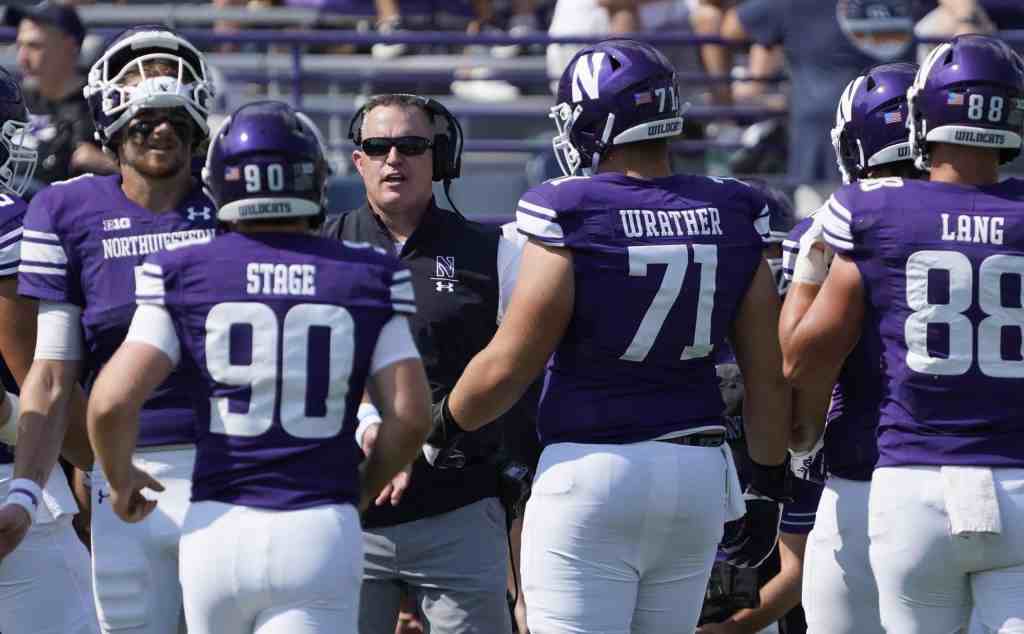
Protecting the Players
Northwestern is taking multiple actions to protect players from this sort of abuse in the future, university president Michael Schill said in a statement. The school has banned an off-campus training camp where hazing allegedly took place, and will designate a non-football employee to oversee the locker room culture.
But the institution itself clearly can’t protect its own athletes. (The NCAA won’t do it, either: Huma noted that the NCAA “does not enforce any rules to address serious injury, sexual abuse, or even death.”)
Hsu said that employee status alone would likely have forced Northwestern, as the athletes’ employer, to be more diligent in policing its culture and environment in the first place. For example, Northwestern, which does have an anti-hazing policy, could be more serious about its anti-abuse training modules. Athletes would also have access to labor law enforcement mechanisms, like the NLRB, which could investigate employee abuse.
If athletes gain employment status, they could create a formal union that would protect themselves. Coaches could be protected from hazing-related repercussions as well, given that the union would be responsible for adjudication, a USA Today opinion piece pointed out.
But advocates agree that a union — or even an informal player’s association — could prevent future abuses.
“The goal of establishing health and safety was a key reason for Northwestern football players’ 2014 unionization effort,” Huma said in a statement on Monday, as he called for a more thorough investigation of current abuses. His organization has preached better health and safety standards for college athletes on multiple occasions.
The NCPA is working on another unionization effort through an NLRB case involving USC, the Pac-12, and the NCAA. The NLRB will hold hearings in early November.
Ultimately, though, third-party enforcement is key, according to College Football Players Association executive director Jason Stahl.
“You have a lot of rhetoric about, ‘The team is a family, and your coach is your dad,’” Stahl told FOS. “That to me is the big umbrella problem. You need to move to something that looks more like a workplace. And you can put structures in place to make that happen.”
Over the past two years, Stahl has been building an organization that he hopes will become an association for FBS football players, as well as a formal union for Power 5 football players. The CFBPA’s first two priorities already include enforced health and safety standards.
The CFBPA could send a paid representative to oversee the culture of college football teams — and report on any potential abuses, Stahl explained. Since that representative would be an employee of the CFBPA, rather than the school, they wouldn’t be incentivized to sugarcoat or hide nefarious activity within a locker room.
Hsu, who assisted Stahl with the CFBPA’s launch, agreed. “If the unionization would have happened [in 2014], clearly you wouldn’t have had issues,” he said. “The NFLPA isn’t going to allow any of this stuff to happen in the NFL.
“So if the NFLPA or some group similar to the NFLPA — or even a Jason Stahl Association — if they have people who are on the ground and talking to players and making sure that this activity doesn’t exist, then I think there’s a pretty good chance that it’s not going to exist.”
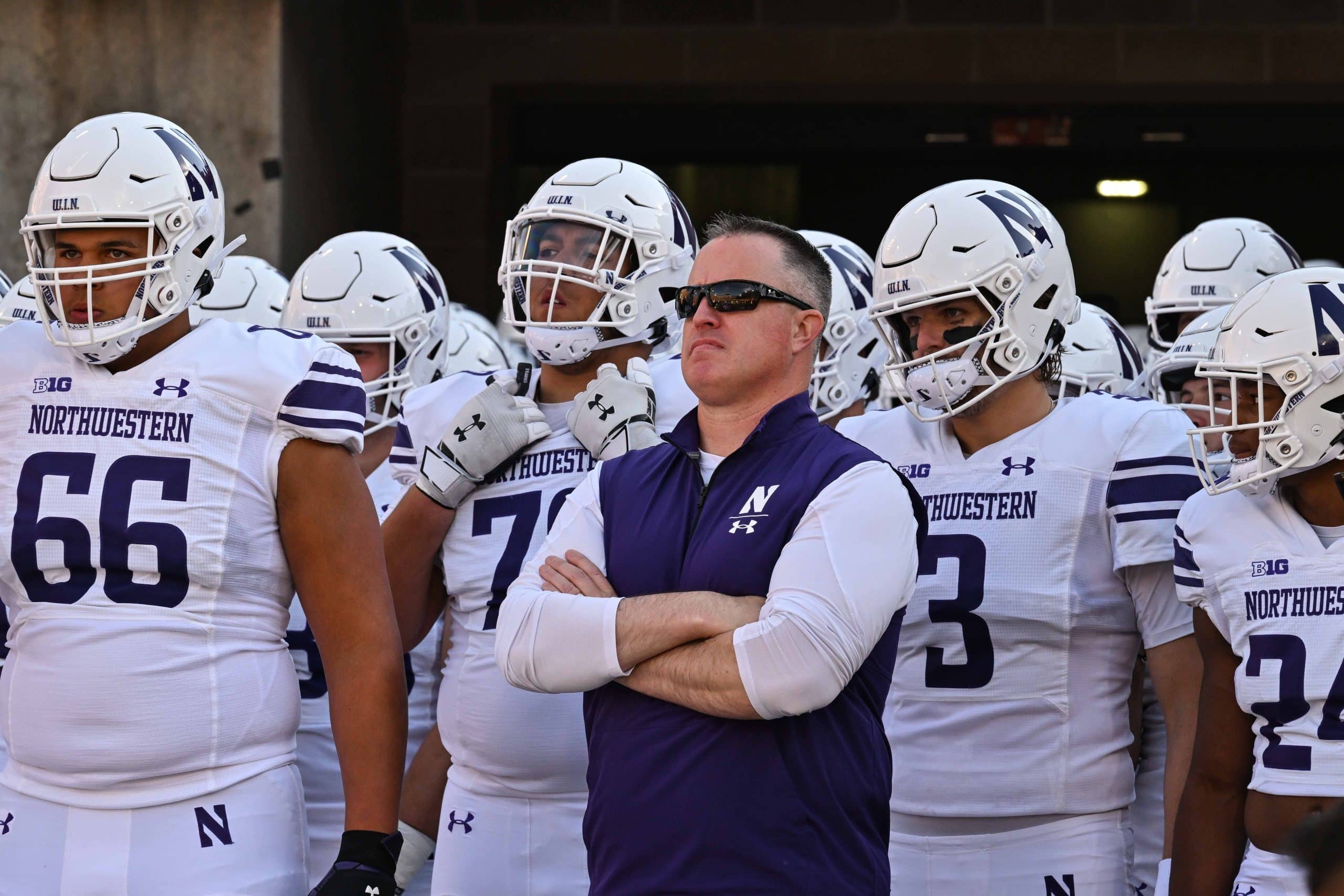
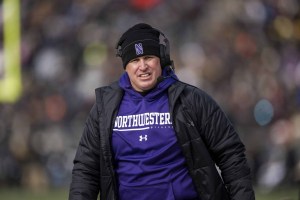
![[Subscription Customers Only] Jul 13, 2025; East Rutherford, New Jersey, USA; Chelsea FC midfielder Cole Palmer (10) celebrates winning the final of the 2025 FIFA Club World Cup at MetLife Stadium](https://frontofficesports.com/wp-content/uploads/2026/02/USATSI_26636703-scaled-e1770932227605.jpg?quality=100&w=1024)

